
- Article
- Article
Crime drama and the realistic cadaver
Today we are accustomed to the increasingly realistic look of dead bodies in on-screen dramas. Special-effects expert Hildegunn M S Traa reveals how crime and morgue scenes reflect the social idea of death.
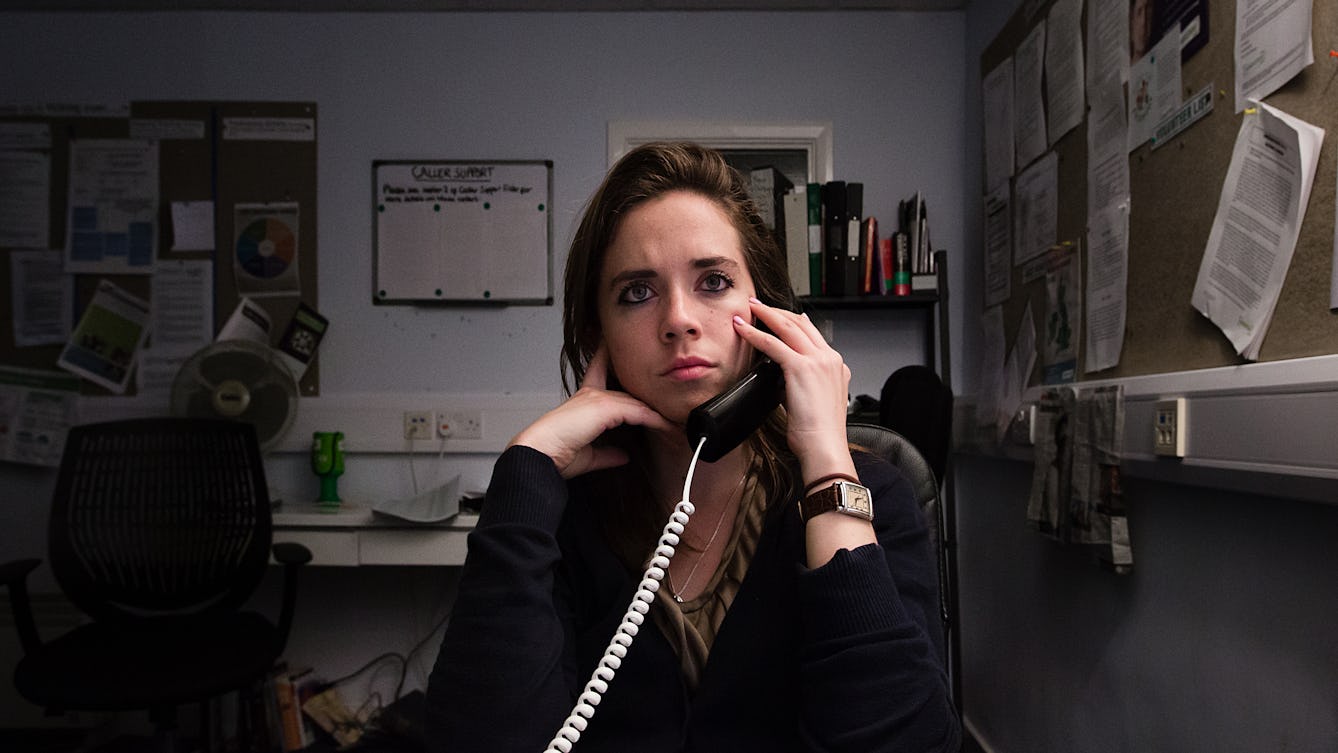
- Article
- Article
Befriending heavy breathers
Read the fascinating story behind the rare manual that helped volunteers on one of Britain’s first free telephone helplines to deal with masturbating callers.
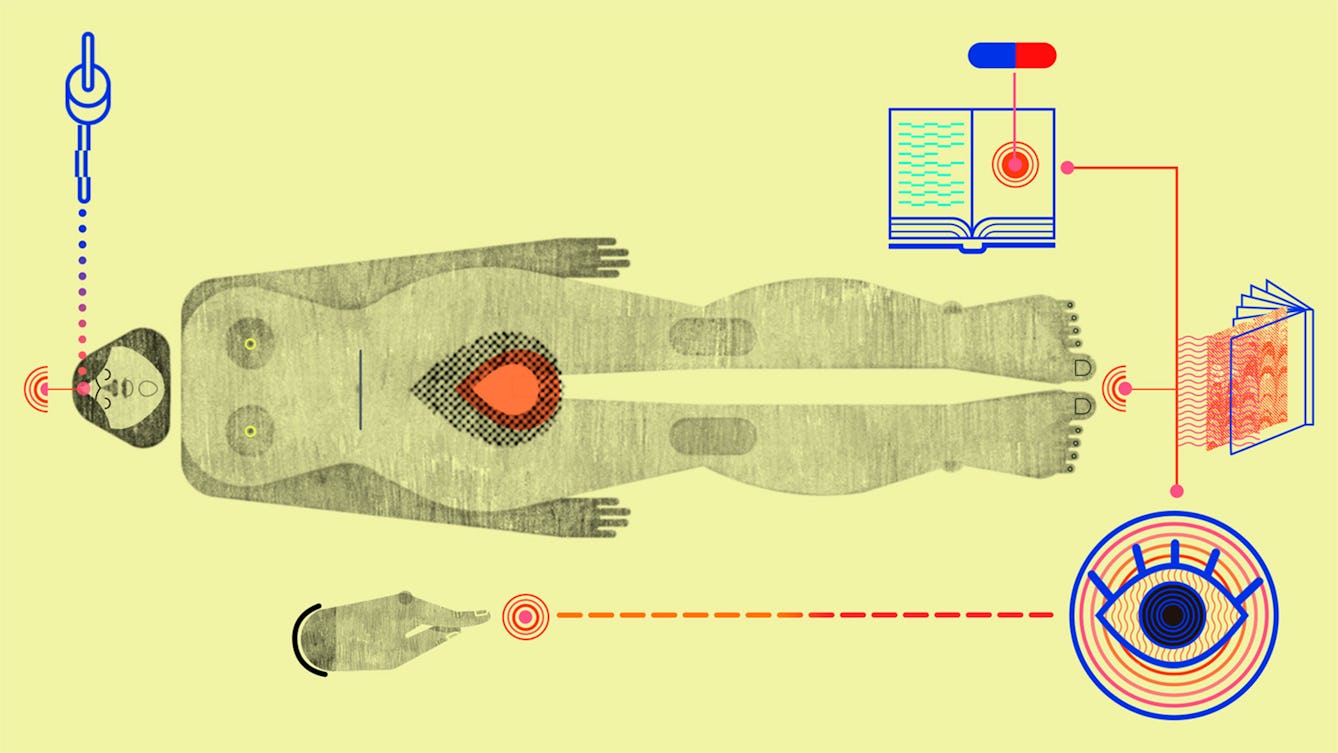
- Article
- Article
Acid and the sexual psychonauts
How LSD fuelled one woman’s journey of sexual self-discovery in the late 1950s.

- Article
- Article
How ritual creates meaning
In a world that encourages us to quash our sense of wonder, ritual can help push away apathy and nurture life-enhancing creativity and imagination.

- Article
- Article
There’s more to gingerbread than ginger
‘Bake-Off’ finalist Mary-Anne Boermans treats us to the warm and enticing pleasures of gingerbread over centuries.

- Article
- Article
The origins and meanings of pharmacy symbols
What have snakes, unicorns and crocodiles got to do with pharmacies? The history of these modern signs goes back to the Greek gods.
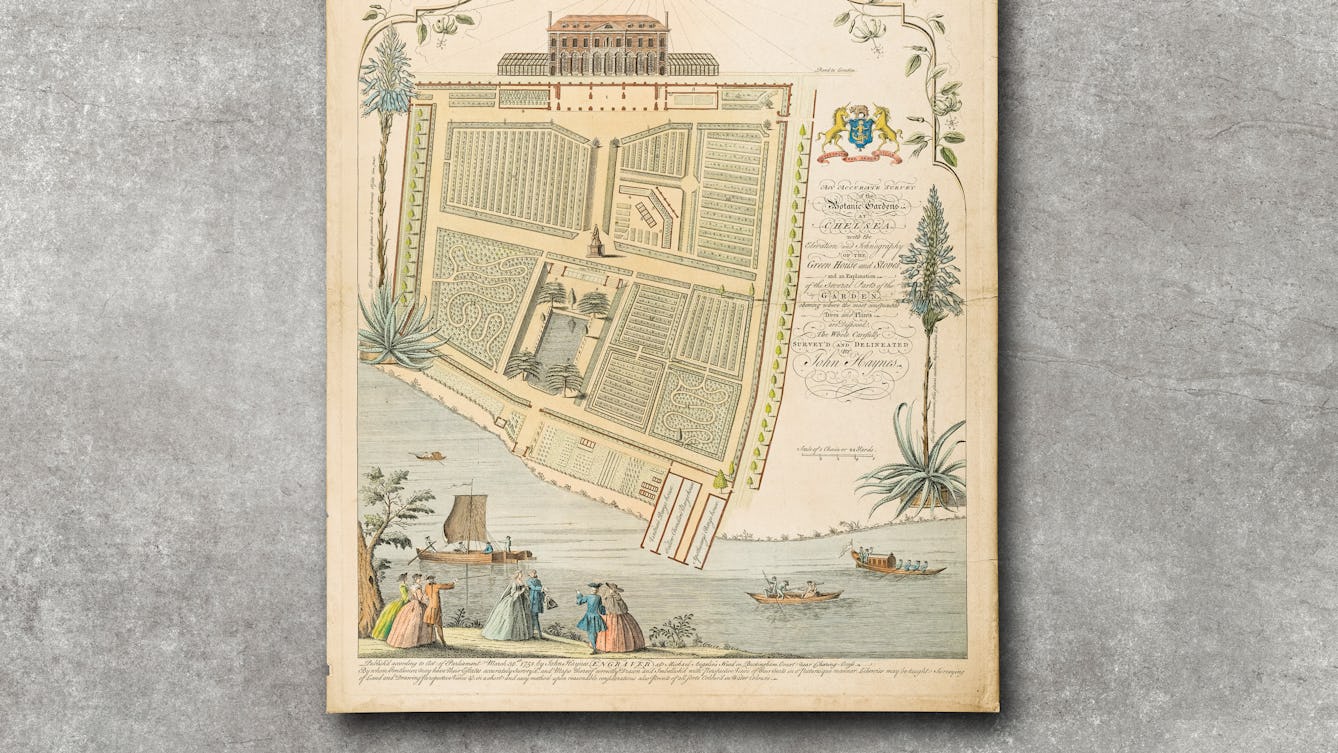
- Article
- Article
The healing power of the physic garden
Having experienced the healing power of plants and gardens, Iona Glen goes in search of present-day “physic gardens” and their origins in history.
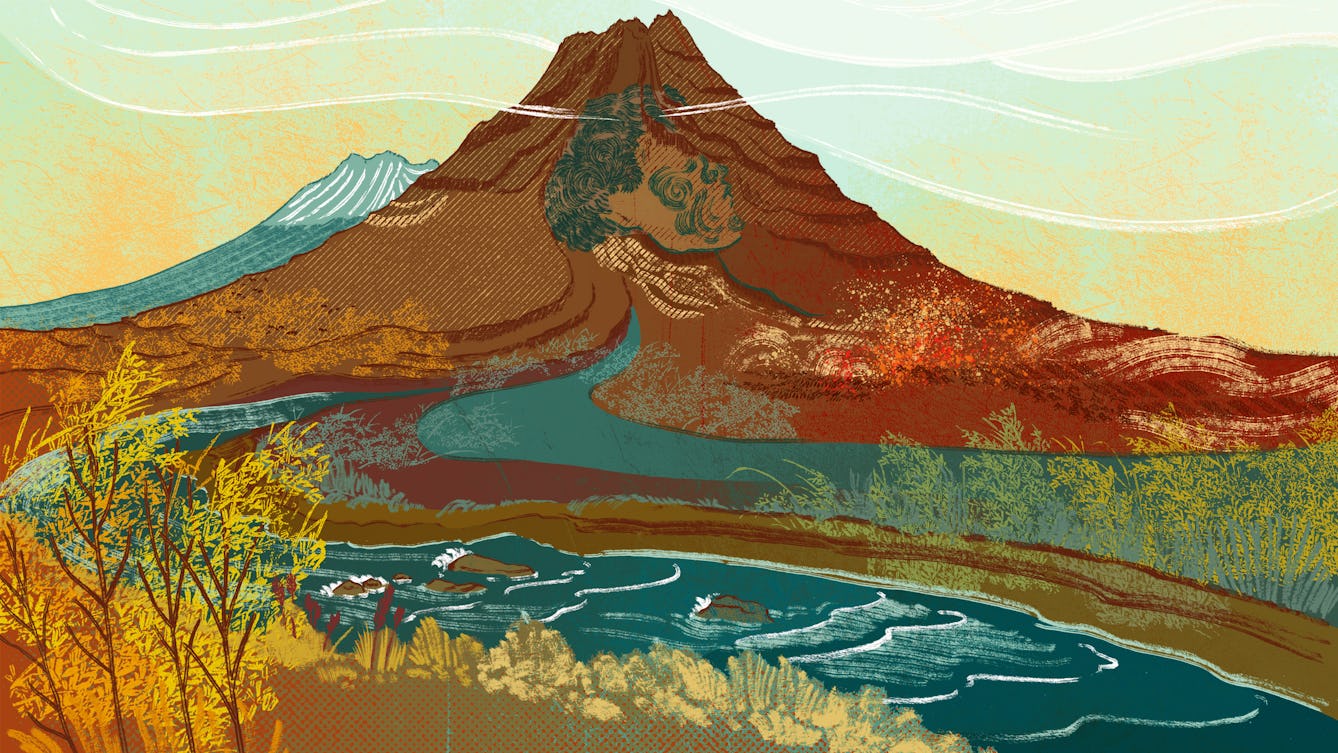
- Article
- Article
The white tears of Taranaki
Taranaki in Aotearoa, New Zealand, is home to the world’s largest dairy factory. Sarah Hopkinson questions the price paid by an area dominated by monoculture.
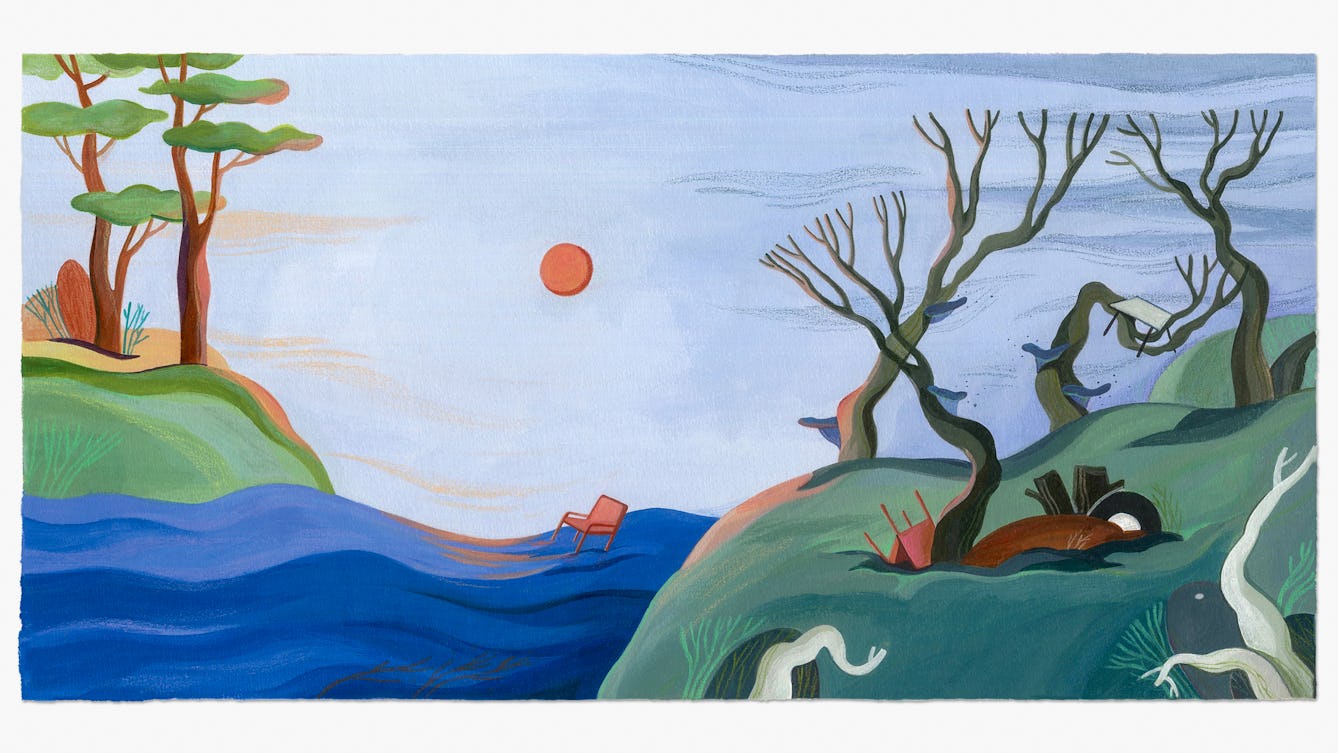
- Article
- Article
Delusional recycling and the problem with plastic
Many of us are guilty of wishful thinking when it comes to our rubbish. Arianne Shahvisi exposes shaky recycling infrastructure and overseas dumping, arguing for an end to waste colonialism.